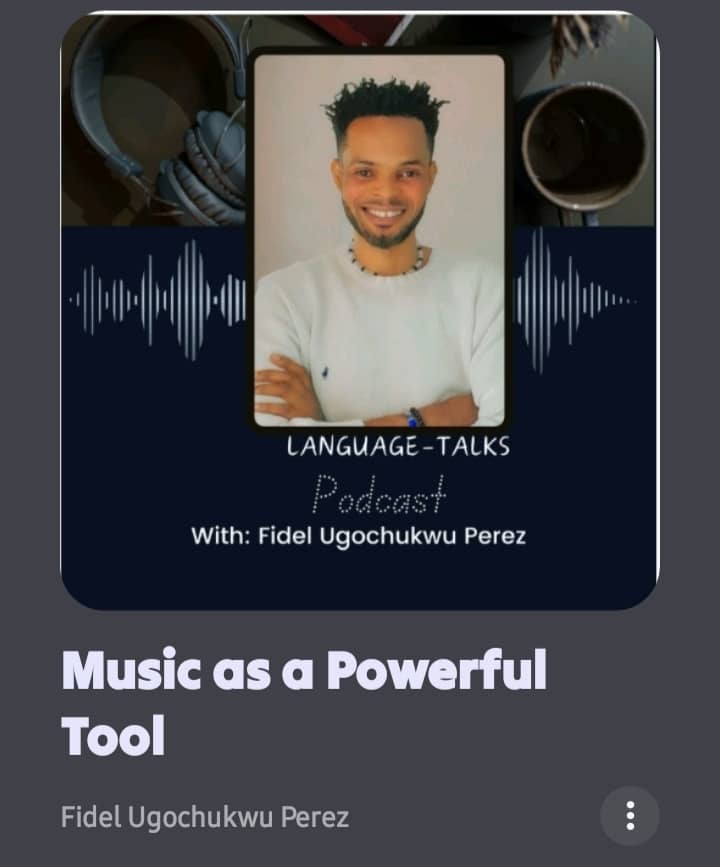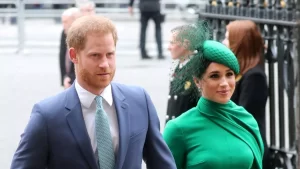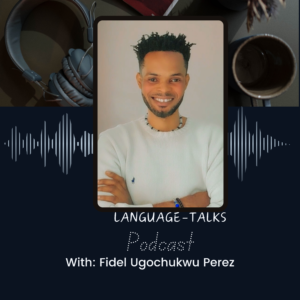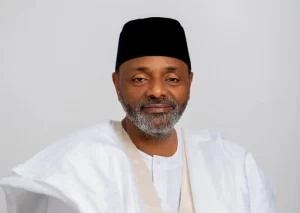Music as a Powerful Tool

Music as a Powerful Tool
Music as a Powerful Tool
Hello and welcome to Language Talks Podcast! I’m your host, Fidel Ugochukwu Perez. Whether you’re a new listener or a returning friend, I’m excited to have you join me today.
You can access the transcript of today’s episode on our website: www.gistandmore.com or simply head over to Spotify and navigate to the shownote.
Music: The Universal Language
Today, we’re going to talk about something that has the power to unite us, to heal us, and to reveal our innermost thoughts. That something is music.
Music is often called the universal language because it has the ability to transcend borders, cultures, and generations. It’s a language that can evoke emotions, spark memories, and even change our mood.
The Healing Power of Music
Research has shown that music has a profound impact on our physical and mental well-being. Studies have found that listening to music can:
– Lower blood pressure and heart rate
– Reduce stress and anxiety
– Improve mood and cognitive function
– Even alleviate symptoms of depression and chronic pain
Music and Self-Expression
Music is not only a powerful tool for healing but also a means of self-expression. Singers and songwriters often pour their hearts and souls into their music, revealing their inner thoughts, emotions, and experiences.
By listening to music, we can gain insight into the artist’s perspective, and even find solace in knowing that we’re not alone in our struggles.
The Importance of Listening to Music
In today’s fast-paced world, it’s easy to get caught up in the hustle and bustle of daily life. But taking the time to listen to music can have a profound impact on our mental and emotional health.
Whether you’re listening to your favorite playlist, discovering new artists, or simply enjoying the sounds of nature, music has the power to transport us to another world.
Research-Backed Benefits
Numerous studies have demonstrated the benefits of music on our cognitive, emotional, and social development. For example:
– Research has shown that music can improve memory and language skills in children with learning disabilities.
– Music has been found to enhance creativity, boost mood, and even reduce symptoms of anxiety and depression.
– Studies have also demonstrated that music can facilitate social bonding, improve communication skills, and even reduce conflict.
The Healing Power of Music
Research has shown that music has a profound impact on our physical and mental well-being. Studies have found that listening to music can:
– Lower blood pressure and heart rate
– Reduce stress and anxiety
– Improve mood and cognitive function
– Even alleviate symptoms of depression and chronic pain
Music has been used in various forms of therapy, including music therapy, sound healing, and vibrational medicine. These practices utilize the vibrational frequencies of sound to balance and align our energy.
Connecting with Nature
Nature has its own rhythm and melody, from the songs of birds to the rustling of leaves. Connecting with nature through music can be a powerful way to promote relaxation, reduce stress, and even improve our mental health.
Some ways to connect with nature through music include:
– Listening to nature sounds, such as rain or ocean waves
– Playing instruments outdoors, such as in a park or forest
– Creating music inspired by nature, such as composing music based on the sounds of birds or insects
Frequencies, Vibrations, and Sounds
Sound is a powerful tool for healing and relaxation. Different frequencies and vibrations can affect our mood, energy, and even our physical health.
Some of the most commonly used frequencies for healing include:
– 432 Hz: Said to be in tune with the natural harmonic series and the universe
– 528 Hz: Believed to have healing properties and promote DNA repair
– 639 Hz: Associated with reconnecting and balancing
Some music and nature sounds that incorporate these frequencies include:
– Brian Eno’s ambient music
– Nature sounds, such as rain or ocean waves
– Instrumental music featuring instruments like the piano, guitar, or flute
Music for Healing and Relaxation
Some music genres and artists that are specifically designed for healing and relaxation include:
– Ambient music: Brian Eno, Tim Hecker, and Stars of the Lid
– New age music: Enya, Loreena McKennitt, and Clint Mansell
– Nature sounds: Rainy Mood, Calm, and Relaxing White Noise
Conclusion
In conclusion, music is a powerful tool that has the ability to heal, inspire, and connect us. By incorporating music into our daily lives, we can promote relaxation, reduce stress, and even improve our mental health.
Conclusion
In conclusion, music is a powerful tool that has the ability to heal, inspire, and connect us. Whether you’re a music lover, a singer, or simply someone who appreciates the beauty of sound, music has the power to transform our lives.
Thanks for tuning in to today’s episode of Language Talks Podcast. Don’t forget to check out the transcript on our website: www.gistandmore.com
Until next time, stay tuned, and keep on listening!
Download this podcast here>> Music as a Powerful Tool
SEE ALSO: Nigerian Music















